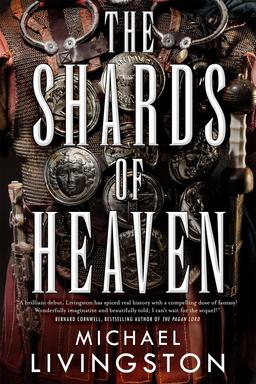 [This review may contain trace amounts of David Bowie.]
[This review may contain trace amounts of David Bowie.]
The jacket copy for Michael Livingtson’s Shards of Heaven sounded promising. I asked for the ARC immediately, and bounced with joy when I found it in my mailbox. Alas, the press release tucked into the book described it as Dan Brown meets Indiana Jones.
Who am I to say Dan Brown is unreadable? Clearly millions of people find him otherwise. To me, though, Brown’s sentences and paragraphs are so relentlessly clunky, ugly, and boring, I am unable to care what happens to any of Brown’s characters. My one attempt to read The Da Vinci Code found me fighting the urge to throw the book across the room, several times on every page.
So the press release made me fear for the well-being of Michael Livingston’s novel. I also feared for my own domestic tranquility: Now that I have children, my household’s penalty for throwing books is a five-minute time-out.
Which was I to believe? The blockbuster-bluster elevator pitch, or the cover copy?
[A]s civil war rages from Rome to Alexandria, and vast armies and navies battle for supremacy, a secret conflict may truly shape the course of history: two sons of Caesar have set out on a ruthless quest to find and control the Shards of Heaven, legendary artifacts said to possess the very power of the gods — or of the one God. Caught up in these cataclysmic events, and the hunt for the Shards, are a pair of exiled Roman legionnaires, a Greek librarian of uncertain loyalties, assassins, spies, slaves . . . and the ten-year-old daughter of Cleopatra herself.
Shards of Heaven has so many of the things Black Gate readers love — epic sweep, battle and brawl, ancient secrets, women one underestimates at one’s peril, and world-shaking magic. Michael Livingston has some nice writing chops. The secret history clearly has a mountain of real historical research to give it depth. How can such a book go wrong?
…
Read More Read More
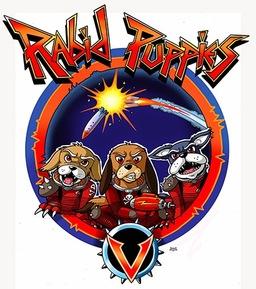
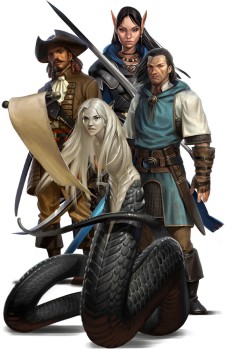
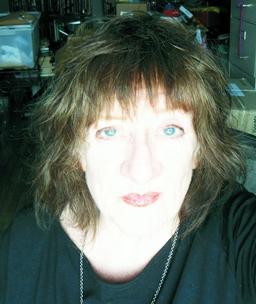
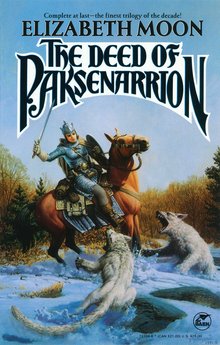 Have you noticed how some characters come with their own jobs, and some need to find one? Some of them, like Sherlock Holmes, even invent their own jobs. There was no such thing as a “consulting detective” until Holmes became one. The job is the character, and the character is the job.
Have you noticed how some characters come with their own jobs, and some need to find one? Some of them, like Sherlock Holmes, even invent their own jobs. There was no such thing as a “consulting detective” until Holmes became one. The job is the character, and the character is the job.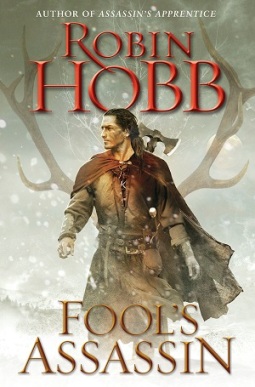
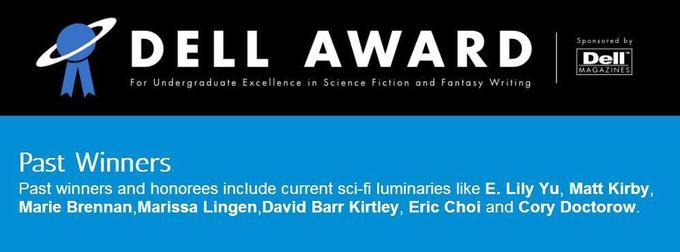
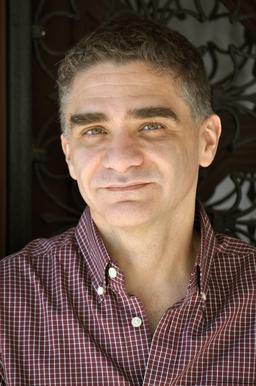
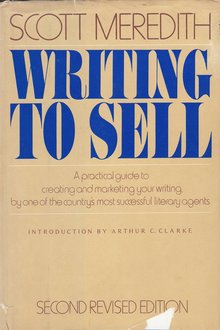 Do you enjoy planning? When you want to give a party, do you start making lists? Thinking about the menu? Who to invite? When there’s a trip coming up, are there lists? Are you usually the first one packed? Or have you at least given considerable thought to your packing?
Do you enjoy planning? When you want to give a party, do you start making lists? Thinking about the menu? Who to invite? When there’s a trip coming up, are there lists? Are you usually the first one packed? Or have you at least given considerable thought to your packing?